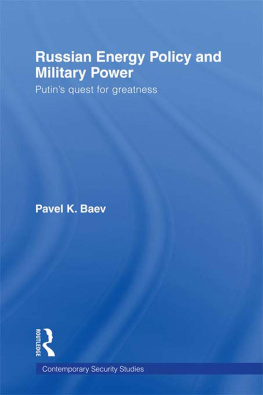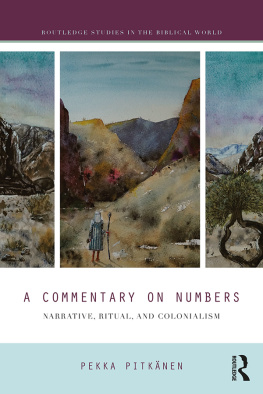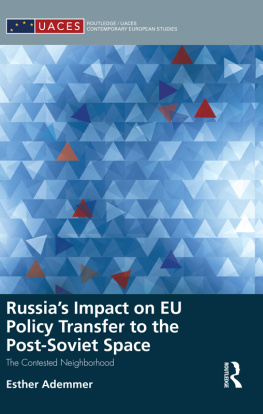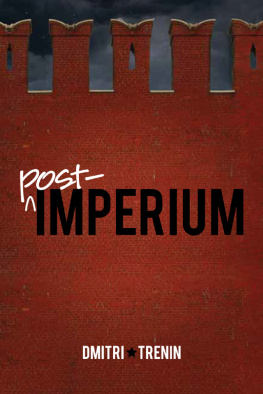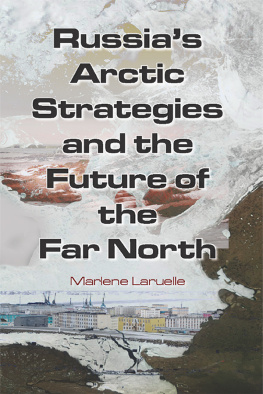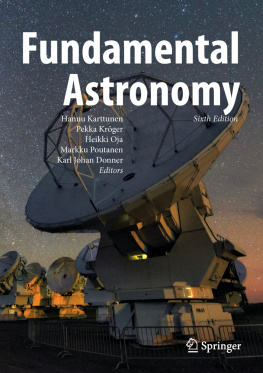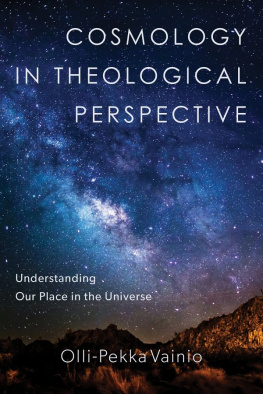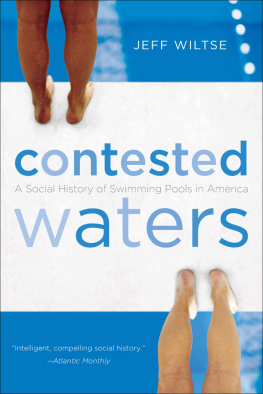
Russias Far North
The Russian Far North is immensely rich in resources, both energy and other resources, and is also one of the least developed regions of Russia. This book presents a comprehensive overview of the region. It examines resource issues and the related environmental problems, considers the Arctic and the problems of sea routes, maritime boundaries and military build-up, assesses economic development, and considers the ethnic peoples of the region and also cultural and artistic subjects. Overall, the book provides a rich appraisal of how the region is likely to develop in the future.
Veli-Pekka Tynkkynen is Professor in Russian Energy Policy at the Aleksanteri Institute, University of Helsinki
Shinichiro Tabata is Professor at the Slavic-Eurasian Research Center, Hokkaido University
Daria Gritsenko is Assistant Professor at the Aleksanteri Institute, University of Helsinki
Masanori Goto is Specially Appointed Assistant Professor at the Slavic-Eurasian Research Center, Hokkaido University
Routledge Contemporary Russia and Eastern Europe
Identity and Nation Building in Everyday Post-Socialist Life
Edited by Abel Polese, Jeremy Morris, Oleksandra Seliverstova and Emilia Pawusz
Cultural Forms of Protest in Russia
Edited by Birgit Beumers, Alexander Etkind, Olga Gurova, and Sanna Turoma
Women in Soviet Film
The Thaw and Post-Thaw Periods
Edited by Marina Rojavin and Tim Harte
Russia Art Resistance and the Conservative-Authoritarian Zeitgeist
Edited by Lena Jonson and Andrei Erofeev
Ruptures and Continuities in Soviet/Russian Cinema
Styles, characters and genres before and after the collapse of the USSR
Edited by Birgit Beumers and Eugnie Zvonkine
Russias Regional Identities
The Power of Provinces
Edited by Edith W. Clowes, Gisela Erbslh and Ani Kokobobo
Understanding Energy Security in Central and Eastern Europe
Russia, Transition and National Interest
Edited by Wojciech Ostrowski and Eamonn Butler
Russias Far North
The Contested Energy Frontier
Edited by Veli-Pekka Tynkkynen, Shinichiro Tabata, Daria Gritsenko and Masanori Goto
Series url: www.routledge.com/Routledge-Contemporary-Russia-and-Eastern-Europe-Series/book-series/SE0766
Russias Far North
The Contested Energy Frontier
Edited by Veli-Pekka Tynkkynen, Shinichiro Tabata, Daria Gritsenko and Masanori Goto
First published 2018
by Routledge
2 Park Square, Milton Park, Abingdon, Oxon OX14 4RN
and by Routledge
711 Third Avenue, New York, NY 10017
Routledge is an imprint of the Taylor & Francis Group, an informa business
2018 selection and editorial matter, Veli-Pekka Tynkkynen, Shinichiro Tabata, Daria Gritsenko and Masanori Goto; individual chapters, the contributors
The right of Veli-Pekka Tynkkynen, Shinichiro Tabata, Daria Gritsenko and Masanori Goto to be identified as the authors of the editorial material, and of the authors for their individual chapters, has been asserted in accordance with sections 77 and 78 of the Copyright, Designs and Patents Act 1988.
All rights reserved. No part of this book may be reprinted or reproduced or utilized in any form or by any electronic, mechanical, or other means, now known or hereafter invented, including photocopying and recording, or in any information storage or retrieval system, without permission in writing from the publishers.
Trademark notice: Product or corporate names may be trademarks or registered trademarks, and are used only for identification and explanation without intent to infringe.
British Library Cataloguing-in-Publication Data
A catalogue record for this book is available from the British Library
Library of Congress Cataloging-in-Publication Data
A catalog record for this book has been requested
ISBN: 978-1-138-30754-4 (hbk)
ISBN: 978-1-315-12177-2 (ebk)
Typeset in Times New Roman
by Apex CoVantage, LLC
Contents
Daria Gritsenko, Masanori Goto, Veli-Pekka Tynkkynen and Shinichiro Tabata
Veli-Pekka Tynkkynen
Part 1
Energy and economy
Shinichiro Tabata and Tomoko Tabata
Masumi Motomura
Natsuhiko Otsuka, Toru Tamura, and Masahiko Furuichi
Part 2
Diplomacy and security
Daria Gritsenko and Elena Efimova
Lassi Heininen
Valery Konyshev and Alexander Sergunin
Pavel K. Baev
Part 3
Business and environment
Masahiro Tokunaga
Hanna Mkinen and Eini Haaja
Masanori Goto
Yuka Oishi
Part 4
Identity and community
Daria Gritsenko and Veli-Pekka Tynkkynen
Sergei Medvedev
Otto Boele
Dmitry Baranov
This edited volume is the final contribution of a Finnish-Japanese joint research project on Russias final energy frontier Sustainability challenges of the Russian Far North (RUSENFRON), which was conducted during September 2014 August 2016. This multidisciplinary research project combined political, economic, legal and geographical perspectives to unfold the formation of energy policy in the Russian Far North and explain how this policy affects socioeconomic development and the environmental situation in the area. The research team led by Professor Sinichiro Tabata from Hokkaido University (Japan) and Professor Veli-Pekka Tynkkynen from the University of Helsinki (Finland) united over a dozen researchers from Finland, Japan, Russia and China. The disciplines represented range from anthropology and cultural studies to international relations, policy studies and human geography.
The aim of the RUSENFRON project was to bring a new opening to the research on Russian Arctic policy and politics. The Far North has received unprecedented attention from the Russian government in the past decade, after the objective to transform the Arctic into its foremost strategic base for natural resources by 2020 was set in the Russian Arctic Strategy 2008. As Russia aims to maintain its present level of oil production and increase its gas production, and the traditional fields are being depleted, the centre of gravity of Russias hydrocarbon production has been shifting towards increasingly challenging areas in the North, where a fifth of the undiscovered, technologically recoverable oil and gas resources in the world are located, most of them in the Russian sector (Eide 2009; Moe and Rowe 2009). At the same time, the Arctic environment, especially its fragility in the face of pollution and climate change, and the following moral considerations, are topics that raise concern among actors all over the world.
This twofold geostrategic importance has provided the starting point for the RUSENFRON project, which sought to explore how economic interests and environmental concerns intertwine and engender potential for both sustainable local development and international cooperation in the Russian Far North. The large-scale industrialisation of the Russian Far North may have economic as well as social, cultural and political implications for local inhabitants. In particular, the building of energy-related infrastructure and the establishment of new settlements will impact the lives of indigenous people in the Far North. In addition, global warming is affecting the Arctic through biophysical and societal changes, affecting the regions opportunities for economic development. Hence, at a time when energy-related, large-scale international projects, such as Yamal LNG, are being launched in the Russian Far North, it is of great significance to increase understanding of the effects that Russias energy policy has on local sustainable development in the Far North. Moreover, the versatile interests, which are potentially conflicting in the intra-regional and cross-border context, led us to ask what geopolitical and security issues may accompany greater attention focused on the Arctic.




